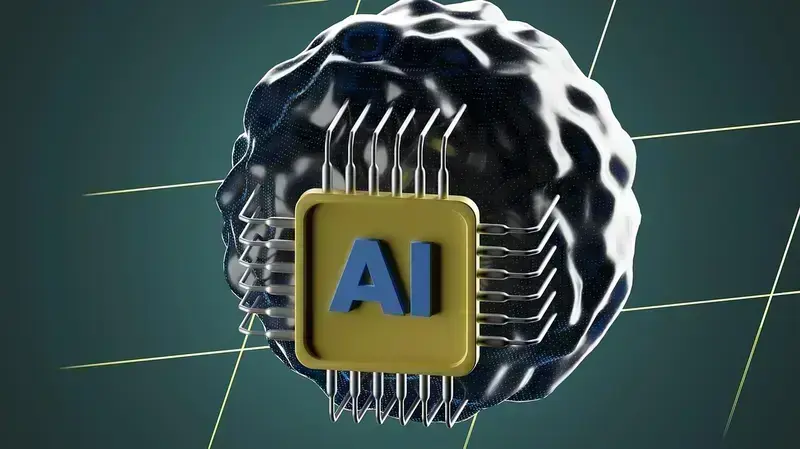Although humans and artificial intelligence systems think very differently, new research has shown that AI often makes irrational decisions, just like we do.
Researchers from five academic institutes in Canada and Australia tested two large language models (LLMs) – GPT-3.5 and GPT-4 from OpenAI. The team found that despite their “striking consistency” in reasoning, they are not immune to human flaws.
In almost half of the scenarios examined by the new study, ChatGPT demonstrated many of the most common human biases in decision-making.
This work is the first to evaluate ChatGPT’s behavior in 18 well-known cognitive biases identified in human psychology. The study took into account, in particular, such widely recognized human biases as risk aversion, overconfidence, and the endowment effect (when we assign great value to our possessions). The researchers applied these biases to ChatGPT’s prompts to see if it would fall into the same traps as humans.
What did the experts find out?
Scientists posed hypothetical questions to language models, borrowed from traditional psychology, in the context of real commercial applications in areas such as inventory management or negotiations with suppliers. Researchers preferred not only to see if AI would imitate human behavior. prejudice but whether he will do this when he is asked questions from various business sectors.
GPT-4 outperformed GPT-3.5 in solving tasks with clear mathematical solutions, showing fewer errors in probabilistic and logical scenarios. However, in subjective simulations, such as choosing a risky option for profit, chatbot often demonstrated irrationality, as people do.

Researchers also noted that AI seeks safer and more predictable outcomes when performing ambiguous tasks.
Interestingly, the behavior of chatbots remained largely stable, regardless of whether the questions were framed as abstract psychological issues or operational business processes. Researchers concluded that the biases identified were not merely a product of learned examples, but also part of how AI thinks.
One of the surprising results of the research was how GPT-4 sometimes even amplified human mistakes, the publication reported. Live Science “In the task of biased confirmation, GPT-4 always provided biased responses,” the authors wrote in the report. It also showed a more pronounced tendency for the hot-hand fallacy (the bias of expecting patterns in randomness) than GPT-3.5.
On the other hand, ChatGPT has managed to avoid some common human biases, particularly the disregard for fundamental metrics (when we ignore statistical facts in favor of anecdotal or specific information) and the sunk cost fallacy (when decision-making is influenced by already incurred costs, allowing irrelevant information to cloud judgment).
According to scientists, the “human” biases of ChatGPT arise from training data that contains cognitive biases and heuristics typical of humans. These tendencies are amplified during fine-tuning, especially when human feedback further encourages plausible rather than rational responses. When AI systems encounter more ambiguous tasks, they are more likely to lean towards human reasoning models rather than direct logic.
“If you need accurate, unbiased decision-making support, use GPT in areas where you already trust a calculator,” advised lead researcher Yan Chen. However, if the outcome largely depends on subjective or strategic inputs, human oversight is more important. Even if it involves adjusting prompts for the user to correct known biases.
“AI should be treated as a colleague making important decisions; it requires oversight and ethical principles. Otherwise, we risk automating flawed thinking instead of improving it,” said Mina Andiapann, co-author of the work.
The results of the study were published in the journal Manufacturing & Service Operations Management.
